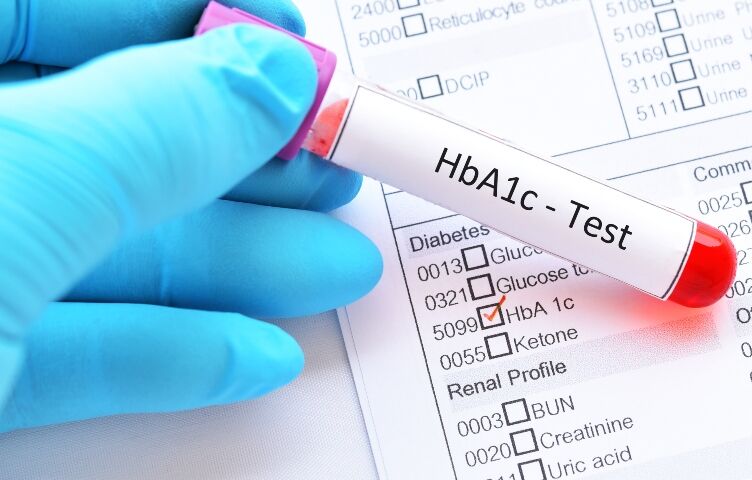Last week in the news I saw the headline ‘Instant cure’ surgery denied to diabetics. What was this article saying? Did any of you read it?
Some years ago bariatric surgery was introduced as a measure to help people who were morbidly obese to reduce their body mass. It may seem a rather drastic measure, but its effects include putting type 2 diabetes into remission, and that means a massive reduction in the drugs required and the complications that might otherwise develop and need treatment.
In my January blog, I spoke of having joined up thinking in the way we manage those with diabetes, and being more long-term in our ways of managing diabetic patients. This article suggests that bariatric surgery may be the most cost efficient and medically superior treatment for type 2 diabetes. Would it surprise you to know that there are more than a million people in Britain who are now eligible for this surgery under The National Institute for Health and Care Excellence(NICE) guidelines that were issued in 2014?
Sadly, only 6,000 surgeries were offered in 2015 in Britain, and if you compare this to the average in other European countries of 50,000, what is going on here? There is evidence to support the fact that bariatric surgery will bring remission in up to 50% of people with type 2 diabetes. Experts in diabetes and representatives of diabetes UK are backing this recommendation, and one leading diabetes professor is comparing it to the discovery of insulin in the 1920s. Some type of bariatric surgery can change how the gut regulates glucose, meaning that medications are no longer required. Hormonal changes are caused by the surgery, and the changes are almost immediate.
Is it the £6,000 cost of the surgery that stops GPs and endocrinologists from referring people for it? There are people I know who are in the treatment pathway for the surgery, but it seems to take an incredible length of time to reach the top of the list and actually have the surgery. How are we going to change this? Are we going to wake up and realise that we have to embrace this form of treatment as urged to by these experts, a cost effective measure, because it can prevent the complications that cost the NHS such a vast amount of money. The NHS will sink if the current increase in diabetes costs continue at the present rate, we do not have enough nurses either in general practice or specialist diabetes nurses to provide the monitoring and care essential to help manage all those with diabetes.
We need to think long-term and recognise that cheaper medications are not necessarily what are the most effective in this long-term. Managing someone with cheaper medications and them developing foot problems requiring surgery and other ongoing treatment with dressings, nursing care and medications, or renal failure requiring dialysis, is not an effective long-term solution
You may remember an earlier blog where I mentioned working with a patient to help them lose weight, that is obviously an ideal method, but unfortunately it is also very time consuming, and is something in the NHS we do not have enough time to do with all our patients.
So, is it time for a more radical approach to managing type 2 diabetes, or are we going to let the ongoing increase overwhelm us?








